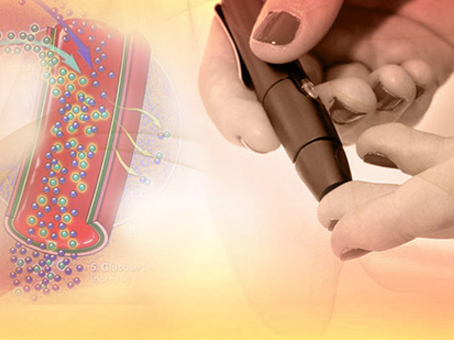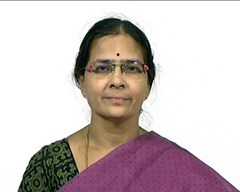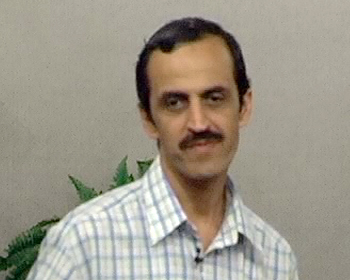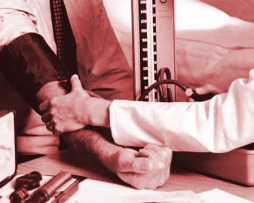About the Course
India leads the world with largest number of diabetic subjects earning the dubious distinction of being termed the “”Diabetes capital of the world.”” The latest global figures on diabetes released by the International Diabetes Federation (IDF) has raised a serious alarm for India by saying that nearly 52% of Indians aren’t aware that they are suffering from high blood sugar. India is presently home to 65 million diabetics, second only to China which is home to 98.4 million diabetics. By 2030, India’s diabetes numbers are expected to cross the 100 million mark.
Due to these sheer numbers, the economic burden due to diabetes in India is amongst the highest in the world. The real burden of the disease is however due to its associated complications which lead to increased morbidity and mortality. WHO estimates that mortality from diabetes, heart disease and stroke costs about $210 billion every year in India and is expected to increase to $335 billion in the next ten years.
IMACGP has launched the Fellowship program in Diabetes Mellitus to equip the doctors with the latest, clinically relevant information in the field and it will give them a detailed insight into the disease, its complications and its management.
Target Audience
General Practitioners, MBBS Doctors.
Course Delivery Format
This course is delivered entirely online. It consists of a series of comprehensive lectures by a professor in the subject, appropriately annotated with slides, animations and wherever necessary, interactive content. The delivery offers tremendous flexibility. You may pause a teacher while you refer to your textbooks (not includes) and to take notes. You may also rewind a segment to listen to the teacher again or you may skip a slide or two if you already know that bit. You may bookmark a segment that you wish to return to later, maybe to refresh just before your exams. While the lessons in this course may be arranged in a particular order based on our curriculum, you have the flexibility to take them in order of your preference based on your personalized learning needs.
Benefits
The One year Fellowship in Diabetes Mellitus aims at preparing you as a generalist doctor with comprehensive up-to-date knowledge in the management of Diabetes that allows you to confidently deal with routine problems in Diabetes in your clinical practice. During the course, the candidates will be trained in different aspects of the inpatient and outpatient care of diabetes. They will also be exposed to the management of various diabetes complications through postings in the diabetic eye, heart and foot clinics and intensive care. At the end of the Course, the candidate will be fully competent to deal with any type of diabetes patient as well as with diabetes complications of any degree of severity.
After completion of the Program, the student will be able to do
- Screening and diagnosis of diabetes.
- Treatment of diabetes: Oral Hypoglycemic Agents and Insulin with latest developments.
- Complications of diabetes and its management.







 Dr. Neelaveni
Dr. Neelaveni Dr. Bipin Kumar Sethi
Dr. Bipin Kumar Sethi



Navadeep Matta
Andhra Govt Medical College